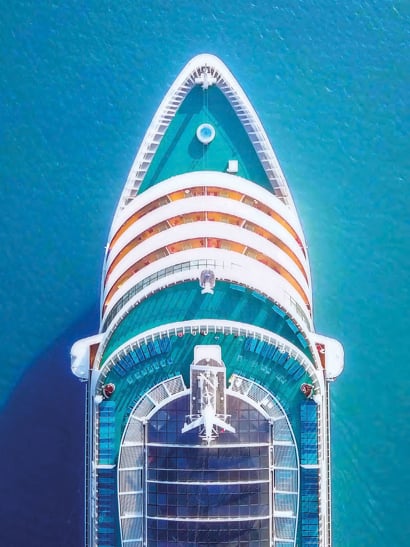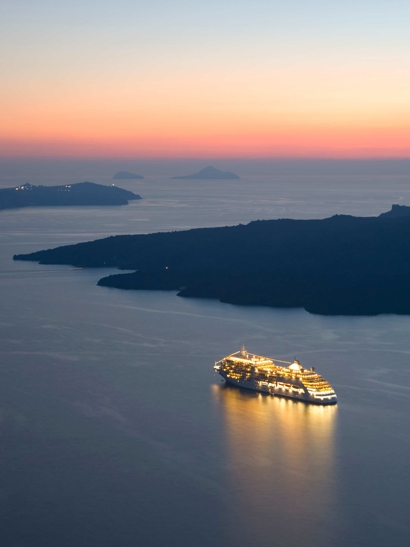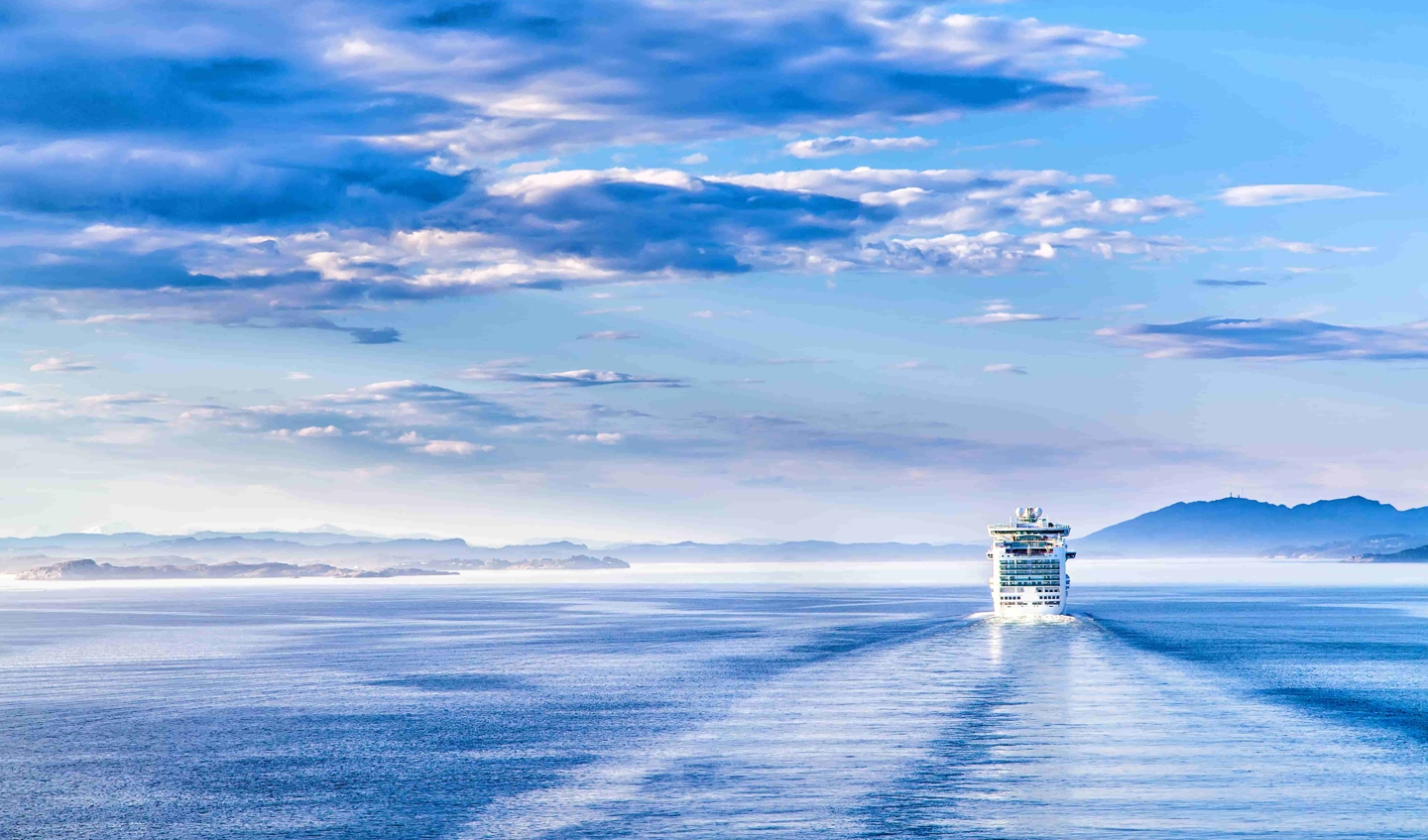The Seatrade Cruise Global 2021 event held end-September in Miami painted an upbeat picture of the industry’s commercial prospects as travellers’ confidence returns since new health protocols have been introduced as a result of the COVID-19 pandemic, but cruise ship operators still face a massive challenge in the form of decarbonisation.
This was the finding of post-event roundtable of leading industry participants held by LR under ‘Chatham House Rule’ – meaning no mention of individuals’ identities or affiliations can be referenced – identified a number of key issues.
With the growing importance of ESG (Environmental, Social and Governance) policies by consumers, policymakers and the wider industry, it was clearly felt that decarbonisation is the number one challenge, to avert the existential threat that climate change poses to both the cruise industry and the planet itself.
Cruise ship operators already have been quick to address energy efficiency measures and the need for cleaner fuels, for example with the widescale adoption of LNG-powered propulsion within the sector, thereby virtually eliminating SOx, NOx and particulate matter and reducing CO2 by some 20%. LNG provides air quality benefits and gains in energy efficiency but delivering on the IMO's Greenhouse Gas ambitions requires other advances.
Currently there are calls for the shipping industry as a whole to embrace the ambition to reach net zero by 2050 – or even earlier – and it was felt that the cruise industry needed to be in the vanguard of such movements. Leading classification societies like LR should continue to take a proactive role in efforts to develop future fuels and ensure that global supply chains are in place, it was urged, since for cruise operators to wait until the necessary infrastructure is in place – currently estimated around 2035 – could be considered ‘too late’ in the eyes of the public.
It was pointed out that LR and other members of IACS (the International Association of Classification Societies) could help by expediting the availability of sound technical standards that will accommodate a range of decarbonisation solutions and specifically the technology that goes with them, LR’s recent Methanol Bunkering Technical Reference as a guide on how to use that fuel safely being cited as a good example.
In the meantime, it was felt that cruise operators could engage in carbon offsetting as a means to greater carbon neutrality, as well as join collaborative efforts such as Race to Zero.
A more immediate challenge was highlighted with introduction of IMO’s Energy Efficiency Existing Ship Index (EEXI) and Carbon Intensity Indicator (CII) from January 2023 onwards. Here it was felt that class, cruise lines and flags should all work together to look at the actual operational impact of the measures and their pragmatic implementation.


Other environmental issues were mentioned, such as the cruise industry’s use of plastics and the need for independent risk review of all green technology systems onboard. There was also a request for industry support to share success stories of first movers in sustainable technology.
In addition, industrywide training was discussed and thought to be in need of updating to include new relevant topics, such as a focus on how to handle cryogenics, hydrogen and other dangerous chemicals and remote technologies.
Finally, one of the overriding takeaways was that the cruise industry needs to do a better job at communicating how they are contributing to GHG reductions. From the use of cleaner fuels and alternative propulsion technology, installation of exhaust gas cleaning systems, measures to reduce in-water hull friction such as air lubrication systems, plugging in to shore power when in port to cut emissions, onboard energy-saving initiatives involving lights and air conditioning, zero discharge policies on waste, and the reduction or elimination of single-use plastics onboard… delegates at the Seatrade conference had heard a panoply of examples of how the cruise industry is taking the environmental challenges seriously and more must be done to share this work with wider society.







